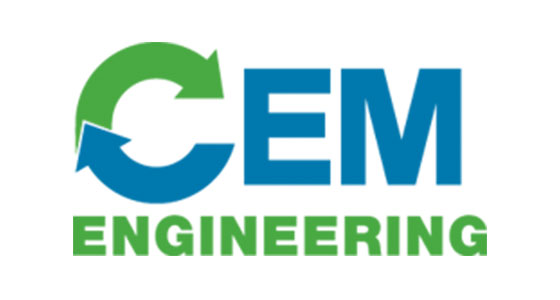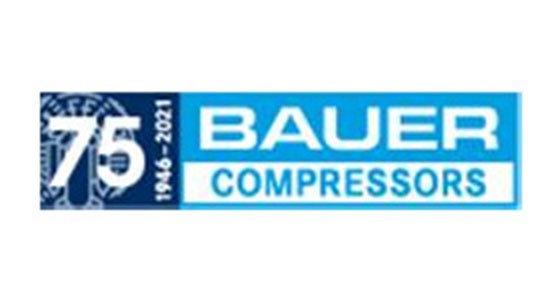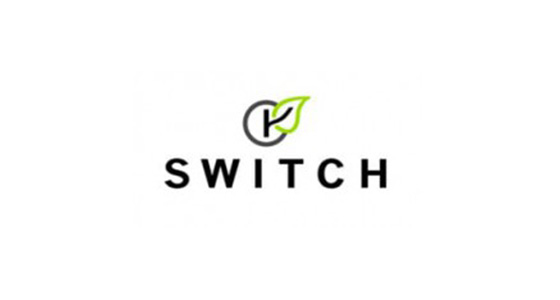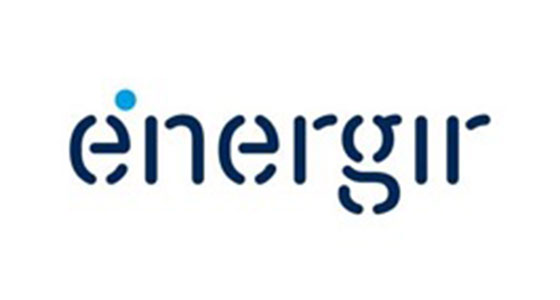The Capital Regional District

The Capital Regional District (CRD) is the regional government for 13 municipalities and three electoral areas on southern Vancouver Island and the Gulf Islands, serving more than 432,000 people.
As a regional district, the CRD facilitates regional decision-making on issues that transcend municipal boundaries including regional water supply, solid waste, wastewater treatment and regional parks.
“The impact of emissions and climate change isn’t something we just recently turned our attention to. It’s been something that the CRD has been working on for a number of decades” notes Genevieve Tokgoz, Senior Project Engineer developing a new CRD renewable natural gas (RNG) facility.
The CRD’s Hartland Landfill began using landfill gas (LFG) for electricity generation in 2004, supplying electricity to 1,600 homes in the region. Over time, the amount of gas generated at the landfill exceeded capacity of the current gas-to-electricity plant resulting in flaring of residual gas.
Nearly 5 years ago, a feasibility study was undertaken to consider two options: 1) Increasing electricity generation capacity by twinning the existing plant, and 2) installing a biogas upgrading facility to produce Renewable Natural Gas (RNG). A life cycle assessment determined that the RNG pathway was better aligned with the CRD’s greenhouse gas emission goals by essentially avoiding approximately 450,000 tonnes of future greenhouse gas emissions.

The biogas upgrading facility is designed to process the landfill gas generated at Hartland into RNG. A biogas purchase agreement between the CRD and FortisBC commits to the purchase of between 140,000 GJ and 364,000 GJ of RNG each year for 25 years. Completion of the facility is anticipated by late 2024.
To execute a project of this scale, the CRD chose to use a strategic enhanced collaborative procurement process due to the value and uniqueness of the project. Tokgoz shares “The enhanced collaborative process is a little different than what we normally do, but we wanted to be able to award the project based on a more advanced design and iron out critical issues before signing the contract.” The CRD embedded frequent dialogues in the procurement process to address issues early on which allowed them to be farther along in the project by the time the contract was signed.
The CRD chose to use the enhanced collaborative process through a combination of lessons learned from their own experiences and from other biogas facility owners, such as the City of Surrey. Tokgoz adds “The CRD would absolutely use this process again for similar types of projects, although it’s not needed for every type of project and may not be suited to smaller-scale procurement.”
For future planning, the CRD is considering options for maximizing the biogas upgrading facility infrastructure through accepting other sources of biogas, including from a nearby residuals treatment facility.
CRD became a member of the Canadian Biogas Association in 2021. They joined to stay connected with the biogas market, for networking purposes, and to get a better understanding of the landscape and technologies.











